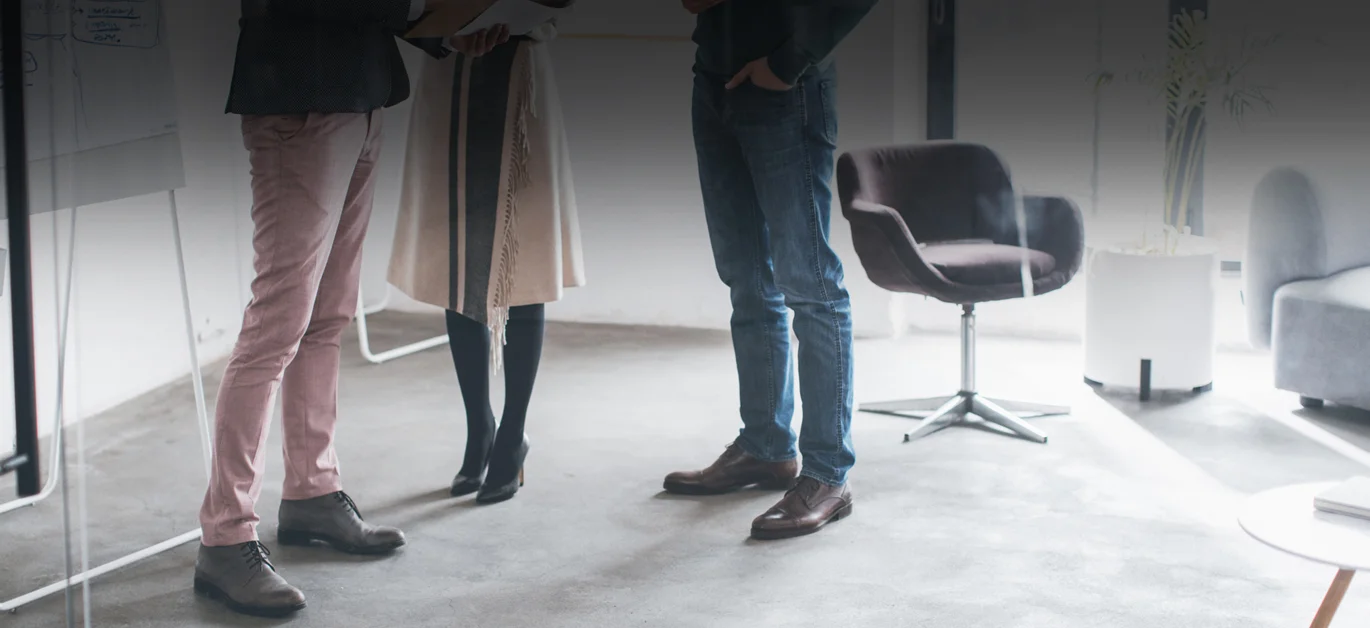
BLOG
What's Your Keystone Habit?
Keystone habits, a term coined by Charles Duhigg (author of The Power of Habit), are habits that automatically lead to multiple positive behaviors and positive effects in your life. When you anchor your day or your week with such a habit, it becomes the keystone that has a ripple effect into your activities and behaviors.
“Keystone habits say that success doesn’t depend on getting every single thing right, but instead relies on identifying a few key priorities and fashioning them into powerful levers.” Charles Duhigg
Colleagues sometimes perceived Sven* as threatening. His direct, no-nonsense communication style made him a powerful and productive asset to the sales organization. Due to the global nature of his team, he’d be on calls as early as 6am and again at 8 or 9pm after a full days work. He prided himself on working hard, but his personal life suffered and he internalized much of his stress. Before coaching began he already implemented healthy changes to his diet but it wasn’t enough to prevent the sharper interactions he had with peers and even a direct confrontation with his boss. Over the course of our coaching engagement, Sven experimented with changes to his day, both by saying no to added meetings and engagements – like volunteer boards. But the real change occurred when he resumed swimming on a daily basis. Even if it was just 20 minutes, starting his day this way made all the difference. He had more energy, could think clearly, became better at prioritizing and he even slept better at night. At times when he was on the road for work, he’d stop swimming and immediately his stress levels rose. So honing in on exercise no-matter-what was essential as a keystone.
In time Sven was able to keep his calm under stress. His ability to listen more deeply and empathize with others increased. A key turning point was during a high stakes sales implementation. The tech team felt demoralized and bullied by the sales groups who promised the world without having to shoulder the intricacies of building it out. Sven focused on becoming an ally for the tech team, naming the issues, ensuring voices were heard and then became arbiter for a solution that worked for the customer, sales and tech teams. Because he was no longer under-water himself - well, at least now only intentionally - he had a sense of humor and had time to think through meaningful ways to connect and appreciate others. He was proactive rather than reactive and this allowed his sincerity and thoughtfulness to shine through. In the final days of implementation he gave chocolate to each member of the tech team with a hand written note saying thank you. His victory was felt by his immediate teams and was also noticed by the most senior leaders of the company who tapped him for even bigger and exciting projects. He was promoted a few months later.
*In any case study, names are changed for client confidentiality.
Success Stories
The executives I’ve coached who have had the most success are the ones who persistently incorporate a daily physical practice that helps them embody the person they wish to become.
Maya jokingly called herself a robot: "Coffee in, powerpoint out..." Eyes glazed, she overrode her fatigue with caffeine and anxiety-induced adrenalin to churn out data rich presentations. As she learned to listen to her body, she discovered that cold feet was her body’s warning sign that she was feeling stressed, and it became a trusted signal for her to set limits on her relentless workload. Though uncomfortable at first, putting her foot down and taking a stand garnered more respect from colleagues and clients, not less.
In Stuart’s case, speaking clearly and succinctly was paramount. He didn't realize it, but his tendency to slouch was part of the problem. His intention to make others feel comfortable or less intimidated didn’t actually work - for them or for him. He discovered that sitting and standing in alignment felt more comfortable and helped him stay calm during high-stakes presentations. This new calmness helped him focus and as a result he became more clear and concise.
For Alek, a tightly wound CEO, clowning around and making silly sounds and faces helped him lighten up as a leader, husband and parent of two kids. For all of my clients, self-awareness is fundamental. Managing their bodies is a game changer because it instantly reduces stress and allows them to be strategic and deliberate rather than tense and reactive. It also helps them feel more energized, creative, happy and whole.


